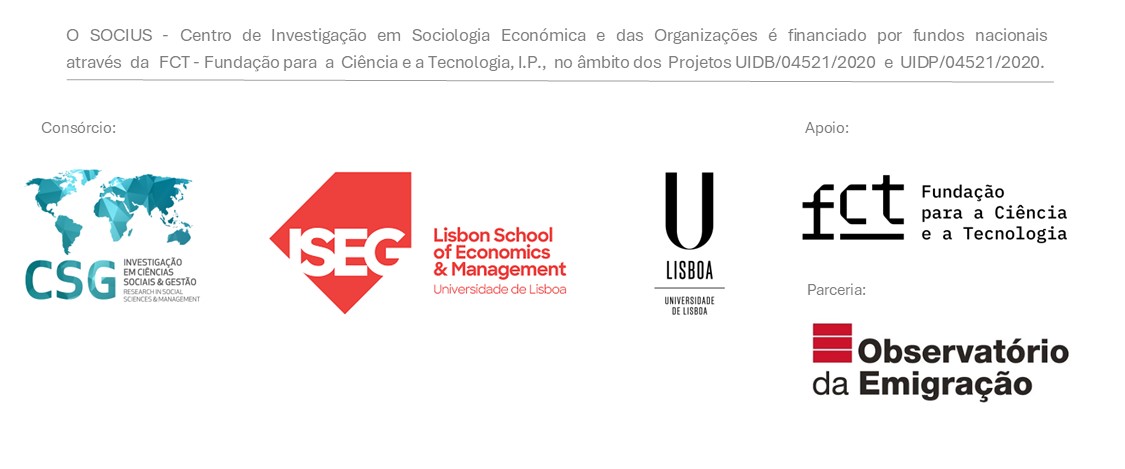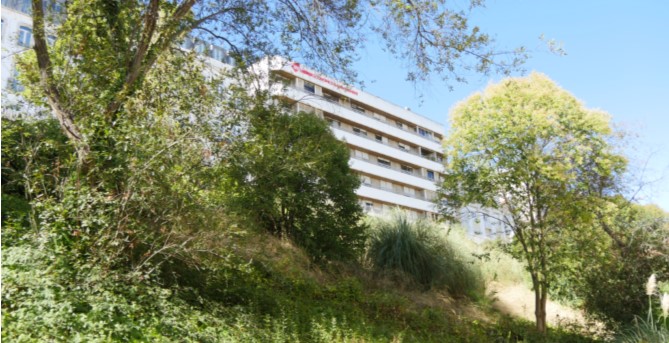|
|
HOME |
SOCIUS |
Equipa |
Investigação |
Publicações |
Eventos |
Cursos |
Contactos |
English Version |
|
Investigação
|
|
Throughout the autumn and winter of 2023, eco-social workshops are held to involve the university community and develop the knowledge necessary to create and maintain a forest according to the "tiny forest" method proposed by biologist Akira Miyawaki. This method follows the principles of natural succession, through the dense planting of autochthonous (native) species in small spaces, which allows their rapid growth. The tiny forest model brings several benefits such as increased local biodiversity, carbon absorption, water fixation, thermal regulation and soil regeneration. Members of the ISEG community are invited to participate in the creation of this forest, which aims to be a living and participatory laboratory from planning, design, implementation, care and enjoyment. The project is launched in the summer of 2023, with the coverage of the land chosen for the mini-forest, next to the Francisco Pereira de Moura library. This methodology is applied to eliminate invasive weeds without damaging the topsoil, so that it is prepared for planting. The project also has the partnership of Valorsul - Valorisation and Treatment of Solid Waste from the Regions of Lisbon and the West, SA, which provides the organic compost for soil enrichment. The TERRARE research project aims to reflect on the eco-social processes involved in the creation of an urban mini-forest with the participation of the university community, and on research around soil regeneration through community reforestation. A forest for the university, a university for the forest. Positive values and actions in the present and for the future. Would you like to participate in the next mini-forest workshop? The mini-forest workshops are part of the TERRARE project and are coordinated by researcher Oriana Rainho Brás (SOCIUS/CSG-ISEG) and biologist António Alexandre (FCUL and 2Adapt). Urban mini-forests can be as small as a tennis court, where we densely plant dozens of native species, imitating the structure of a mature forest. This configuration stimulates the growth of plants that support each other, accelerating the process of natural succession. Community participation is essential for the creation and care of the mini-forest. This is a practical and sensitive way of learning and acting for personal, social and ecological well-being in the city. How do we imagine the ISEG mini-forest? Which humans and more-than-humans will live in the forest and what needs do they have? How will we organise the space and what structures are needed? The invitation is open to all and participation is free. For registration contact: orianarb@socius.iseg.ulisboa.pt |
|
| HOME | SOCIUS | Equipa | Investigação | Publicações | Eventos | Formação | Contactos| Login Socius | EMAIL: socius@iseg.ulisboa.pt |
 | |
| Esta página foi actualizada em
|
|

